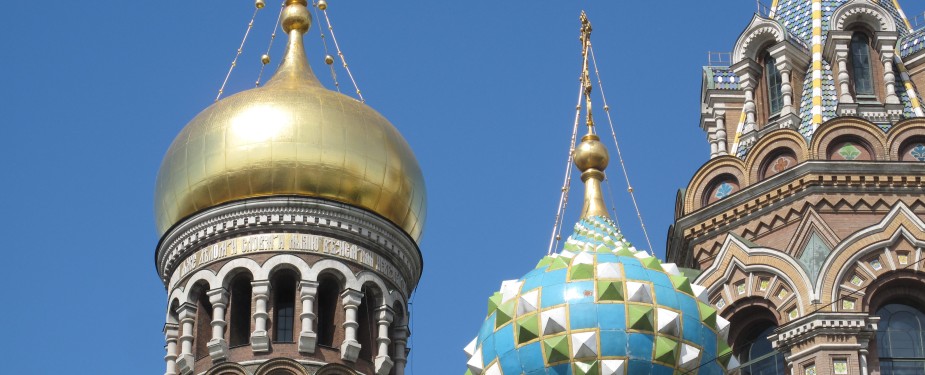This week the Russian Federal Assembly hosted the 21st conference of the Baltic Sea region Parliamentarians at the regional assembly of St. Petersburg in the beautiful Mariinsky Palace.
The topic of the meeting was energy, ecology, and social welfare: cooperation for a sustainable development of the Baltic Sea region. Baltic Development Forum’s Director Hans Brask was invited as a speaker to address the question of green growth and business opportunities. It was the second consecutive time that BDF was invited to address the Parliamentarians.
In his speech, Hans Brask highlighted the BDF RENSOL energy project as well as the importance of Russia’s accession to the WTO, which took place one week earlier (22 August), and proposed that the trade consequences for the Baltic Sea Region would be analyzed in order to better facilitate the development and draw the full benefits. He also encouraged Russia to continue taking responsibility for the regional institutions. “We need Russian imagination and inspiration on all levels to successfully achieve common goals for this region”, he said (see the full text).
The meeting in St. Petersburg marked the end of the 1 year long Russian Presidency of the BSPC, which was headed by Valentina Pivnenko, Member of the Russian State Duma for the party United Russia.
The list of speakers in the programme – mostly non-parliamentarians from regional organisations and government institutions – was very long, leaving very little time for debate and spontaneous interventions among parliamentarians from national and regional assemblies. The Assembly reflects the same countries that are members of the Council of the Baltic Sea States.

The most controversial questions, not surprisingly, were the two year prison sentence that was given to the members of the Russian punk band Pussy Riots by a Moscow court. The Russian representatives of the Assembly reacted strongly to the criticism from Nordic and German parliamentarians who saw the prison sentence as disproportional and in conflict with freedom of speech. The Russian parliamentarians supported the court’s decision because the protest against Putin at a church altar was an act of hooliganism. Another bone of contention was the Russian hosts’ invitation to a Belarusian representative to take the floor. This was not welcomed especially by the Nordic MEP’s who have toughened their line after this summer’s “Teddy Bear” conflict, which ended with President Lukashenko’s decision to expel Sweden’s ambassador.
Finally, the two issues were resolved and the conference resolution could be adopted by the members of the Standing Committee of the BSPC without further problems. The two issues demonstrated that there are still very different understandings of fundamental democratic values in our region. It reflected also that the other – and more formal agenda item points – were addressed in such a general manner that the real differences did not come out, which is a pity. The BSPC is however an important framework for political dialogue between MPs from Russia and the EU Member States, and it is a good political framework for promoting regional cooperation.
The BSPC Working Group on Green Growth and Energy Efficiency is taking serious efforts to strengthen cooperation in this field. BDF has previously worked with the BSPC on similar matters. Working Group Chairman Ms Cecilie Tenfjord-Toftby, MP in Sweden hoped to see a similar cooperation in the future.
For more information and to read the 21st BSPC Resolution, please visit www.bspc.net
The Estonian Parliament will now take over the Presidency of the PSPC and organize the 22nd Conference 22-27 August 2013 in Pärnu, Estonia.

